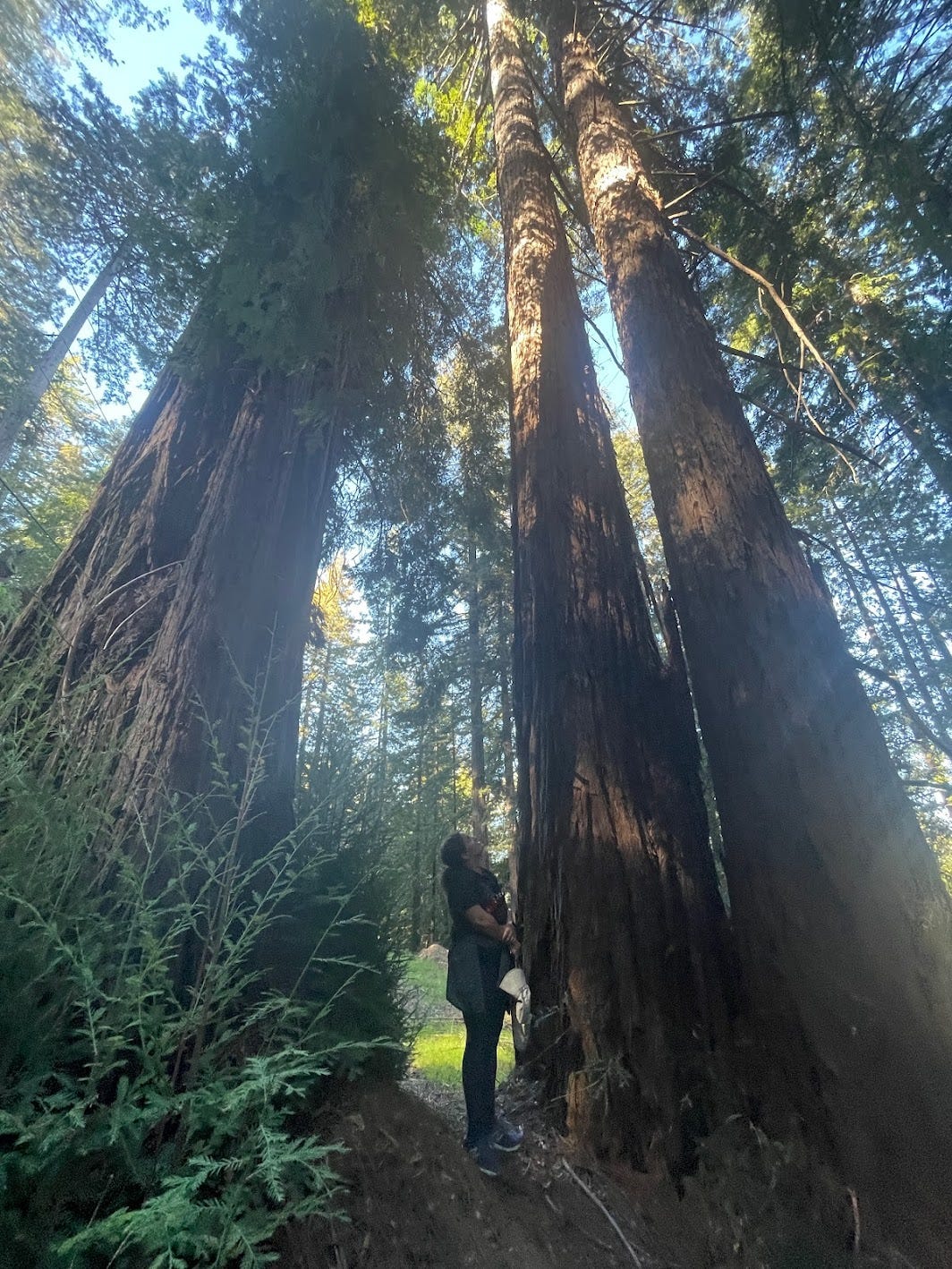A time for self-ish-care
Q: Is it indulgent to take care of yourself first?
Mitali’s Dialogue
We all need to take care of ourselves. As mothers, daughters, wives, friends, managers we need to know that taking care of ourselves allows us to then take care of others. Self-care is a way to refuel ourselves so that we have the energy to be there for the people that matter in our lives.
Even though this sounds so simple, I often struggle with prioritizing myself and my needs. I incorrectly approach it as a zero-sum game where it is a trade off between myself and others in my life. According to Adam Grant, there are three types of people in the world - takers, givers and matchers - and I tend to be a “giver”.
Givers. They tilt reciprocity in the other direction, preferring to give more than they get. Whereas takers tend to be self-focused, evaluating what other people can offer them, givers are other-focused, paying more attention to what other people need from them.
This is sometimes at a heavy cost as I end up prioritizing the needs of others or the demands that others make on my time or energy. Or I start to worry that asking for what I want makes me appear selfish.
So there is a balance between the concern you have for others and the concern you have for yourself, the value with which you also hold yourself…If there’s not, you’re at much higher risk for burnout. You’re also at greater risk for being exploited. - Adam Grant, OnBeing podcast
Are people selfish if they prioritize themselves first? You could instead say that they are aware of what is important to their physical, mental, and social well-being. It is not selfish if their intentions are pure and their behaviors do not have a negative impact on others. Am I actually envious of their ability to take care of their needs first?
Instead of looking at self-care as indulgent, what if I started to look at it as a survival tactic? A way to protect myself and my energy. Then self-care is not just about the things I do but also about the things I say no to. It is about knowing my boundaries and protecting them. It is bringing self-awareness to activities or thoughts that are draining and asking for help when I need it. There is no judgement in knowing that I am important, my needs are important and this practice is vital to maintaining my balance.
Kinnari’s Dialogue
Earlier this year I made a decision to take some time off from work. After hitting 15 years at Google, I felt it was okay to take the next three months off to focus on and prioritize my well-being. Last week, as I wrapped up my final meeting for the next three months, I expected to feel joy but I kind of didn’t feel anything. No rush, no thrill, no pressure, no excitement.
A friend expressed surprise at my decision to take the time off and I found myself feeling a bit defensive. Upon digging into it I realized it was because it felt very self-indulgent. As an employee and a working mom, it feels like I’m not doing my part. And maybe it is indulgent, but I need to keep reminding myself that it’s okay. It’s okay to take a step back after 15 years to focus on my mind and body and not feel the pressure to do something useful or creative. I am fully aware of the privilege of taking this much time, something that many people don’t have. Both my company and husband are supportive and have encouraged it.
My hope in writing this is to encourage those of you that have been thinking of taking a break to prioritize making it happen. You may not be in a place today to be able to take an extended amount of time, but if you feel a need for it, start getting creative on making time for yourself. Perhaps you can find inspiration from Austrian graphic designer Stefan Sagmeister and his TED talk on the power of time off. He takes a one-year sabbatical every seven years and credits that time for coming up with ideas for his future projects. His idea is to take some of the years from his retirement and intersperse them into his working years.
In Jordan Peterson’s 12 Rules for Life, his second rule is to treat yourself like someone you are responsible for helping.
We deserve some respect. You deserve some respect. You are important to other people, as much as to yourself. You have some vital role to play in the unfolding destiny of the world. You are, therefore, morally obliged to take care of yourself. You should take care of, help and be good to yourself the same way you would take care of, help and be good to someone you loved and valued.
One trick that has worked for me here is to think of taking care of myself the way I take care of my daughter. Can I be a mother to my own self? This has made it easier for me to have more self-compassion.
…You need to consider the future and think, “What might my life look like if I were caring for myself properly? What career would challenge me and render me productive and helpful, so that I could shoulder my share of the load, and enjoy the consequences? What should I be doing, when I have some freedom, to improve my health, expand my knowledge, and strengthen my body?”
...You need to know where you are going, so that you can limit the extent of chaos in your life, restructure order, and bring the divine force of Hope to bear on the world.
I hope to use this time to work on my mental and physical health, on spiritual growth, and if possible figure out how I can start to be of service to the larger community one step at a time.



This 100% resonates right now! Just this morning I made a decision to slow down and give myself some time before piling more-more-more on my plate. Just taking that much pressure off gave me so much more room to think expansively about what's already on my plate. Hope you can take it easy during your time off, Kin!
Mitali and Kinnari, such good words. Liberating.